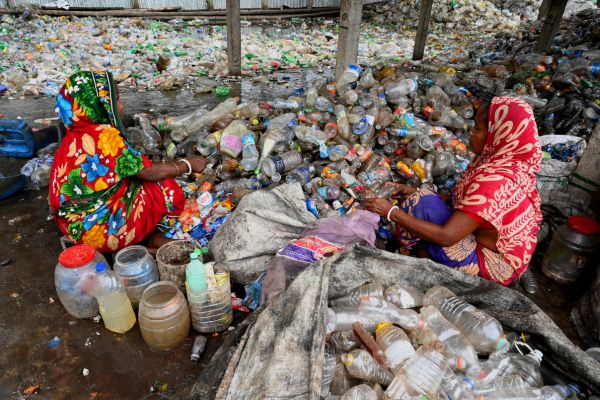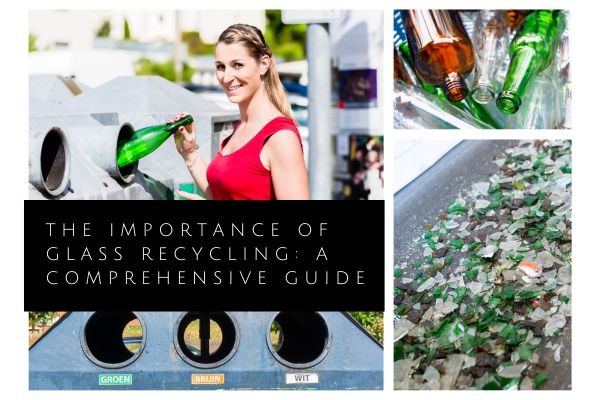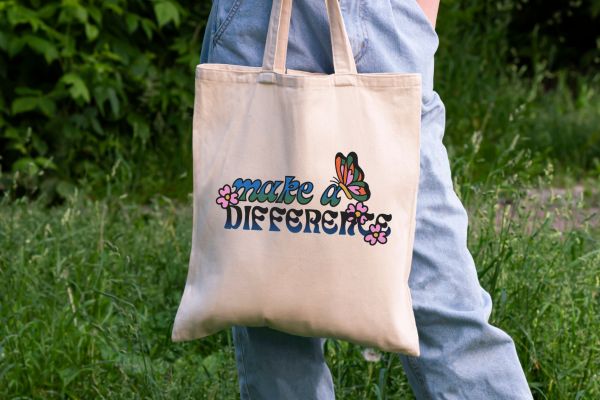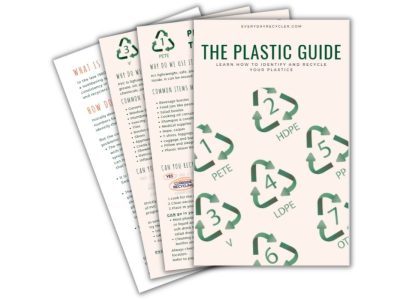In the labyrinth of waste that often characterizes third-world countries, women waste pickers emerge as unsung heroes, navigating the challenges of informal waste management with resilience and resourcefulness. This article explores the pivotal role that women waste pickers play in these communities, shedding light on the importance of their work in environmental sustainability, poverty alleviation, and the broader context of social justice.
Economic Empowerment
Women waste pickers often find themselves at the intersection of poverty and environmental degradation, creating a precarious balancing act that demands recognition. Engaging in waste picking provides them with an economic lifeline, offering an opportunity to earn income in contexts where traditional employment options may be limited. Their work in recycling and salvaging materials not only contributes to their personal income but also fuels the informal economy, fostering a sense of independence and financial stability.
In many third-world countries, women waste pickers are the backbone of small-scale recycling operations. By collecting, sorting, and selling recyclable materials, they inject much-needed value into discarded items, creating a sustainable economic cycle that benefits both the environment and their communities.
Environmental Stewardship
The environmental impact of waste is a global concern, and women waste pickers are on the front lines of mitigating this crisis in their communities. Through their meticulous sorting and recycling efforts, they divert substantial amounts of waste away from landfills, reducing the overall environmental footprint. This grassroots approach to waste management aligns with the principles of sustainability, emphasizing the importance of recycling and resource conservation.
Women waste pickers contribute significantly to the circular economy by salvaging materials that can be repurposed or recycled. Their work not only minimizes the strain on natural resources but also helps mitigate pollution and promote a more sustainable approach to waste management.
Community Health and Hygiene
The informal waste sector, where women waste pickers operate, plays a crucial role in maintaining community health and hygiene. By collecting and removing waste from public spaces, they prevent the spread of diseases and contamination that can arise from improper disposal. In the absence of formal waste management systems, women waste pickers become vital agents of public health, contributing to cleaner and safer living environments for their communities.
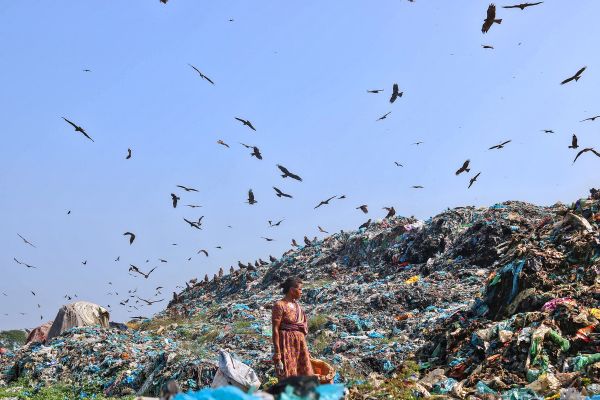
Social Justice and Empowerment
In many third-world countries, women waste pickers face societal challenges, including discrimination and marginalization.
Female waste pickers often face a myriad of discriminatory challenges that intersect with gender, socio-economic status, and the informal nature of their work. Discrimination against these women is pervasive, manifesting in various forms, such as unequal pay for the same work, limited access to education and healthcare, and a lack of legal recognition and protection.
Additionally, societal norms often stigmatize women in unconventional roles, reinforcing gender stereotypes and hindering their social mobility. The informal nature of waste picking exacerbates their vulnerability, exposing them to hazardous working conditions without adequate safety measures.
Discrimination can also manifest as gender-based violence, further marginalizing these women. Overcoming these systemic challenges requires not only addressing gender bias but also recognizing the invaluable contributions of female waste pickers and advocating for their rights, social inclusion, and economic empowerment.
Despite these hurdles, their work contributes significantly to social justice by challenging gender norms and creating pathways for empowerment. Engaging in waste picking can empower women economically, giving them agency and autonomy over their lives. Additionally, their presence in the waste management sector challenges traditional gender roles, breaking barriers and opening doors for future generations of women to pursue diverse career paths.
Challenges and Advocacy
Despite their invaluable contributions, women waste pickers often operate in precarious conditions, facing health risks, discrimination, and lack of legal recognition. Advocacy efforts are crucial to address these challenges and create an environment where their work is acknowledged and protected.
Local and international organizations are increasingly recognizing the importance of supporting women waste pickers. Initiatives that focus on providing training, access to healthcare, and legal protections can significantly improve their working conditions and overall well-being. By amplifying their voices and advocating for their rights, we can create a more inclusive and equitable waste management landscape.
The Need For Formal Recognition
Formal recognition of informal waste pickers by local governments is vital for achieving social justice, economic empowerment, and environmental sustainability. This acknowledgment is essential for upholding their human rights and fostering a more equitable society. The integration of waste pickers into formal waste management systems provides economic empowerment, ensuring fair wages, legal protection, and access to safe working practices and social benefits.
There have been some positive instances globally where waste pickers, including men and women, have gained formal recognition and support from governments. Below are a few examples:
- Brazil: Brazil has been a pioneer in recognizing the contributions of waste pickers. In 2002, the city of Belo Horizonte formalized an agreement with waste pickers’ associations, granting them the right to collect recyclables and establishing recycling cooperatives. This initiative aimed to improve the livelihoods of waste pickers, enhance the efficiency of waste management, and contribute to environmental sustainability.
- India: In India, the city of Pune has implemented a program to integrate waste pickers into the formal waste management system. The Pune Municipal Corporation (PMC) collaborated with the Kagad Kach Patra Kashtakari Panchayat (KKPKP), a waste pickers’ union, to recognize their role officially. Waste pickers in Pune are now provided with identity cards, protective gear, and access to healthcare facilities.
- Fiji: In 2022, Fiji made history as the first Pacific nation to officially recognize “waste pickers” as environmental champions, acknowledging their vital role in repurposing, reselling, and recycling waste. At a council event in Lautoka, 30 women were officially registered, given access to bank accounts, and provided with protective gear. Collaborating with organizations such as the Pacific Recycling Foundation, Waste Recyclers Fiji, and the International Union for the Conservation of Nature, they coined a new name, “Collection Pillars of Recycling,” aiming to combat the stigma associated with their informal title. This recognition reflects a significant step towards addressing the workers’ contributions to climate adaptation, waste reduction, and environmental sustainability in Fiji.
These examples showcase the diverse approaches governments take to recognize and support waste pickers. These initiatives not only enhance the livelihoods of waste pickers but also contribute to more sustainable and inclusive waste management practices. It’s important to note that ongoing efforts are crucial to ensuring the continued acknowledgment and empowerment of waste pickers worldwide.
Final Thoughts
In the labyrinth of waste that characterizes third-world countries, women waste pickers navigate challenges with resilience, embodying the intersection of environmental sustainability, poverty alleviation, and social justice. Their economic contributions, environmental stewardship, impact on community health, and role in challenging gender norms make them indispensable agents of positive change.
Recognizing and valuing the work of women waste pickers is not only a matter of social justice but a critical step towards building sustainable and inclusive communities. As we acknowledge their importance, it is essential to advocate for policies and initiatives that uplift and empower these unsung heroes, ensuring a more equitable and sustainable future for all.


